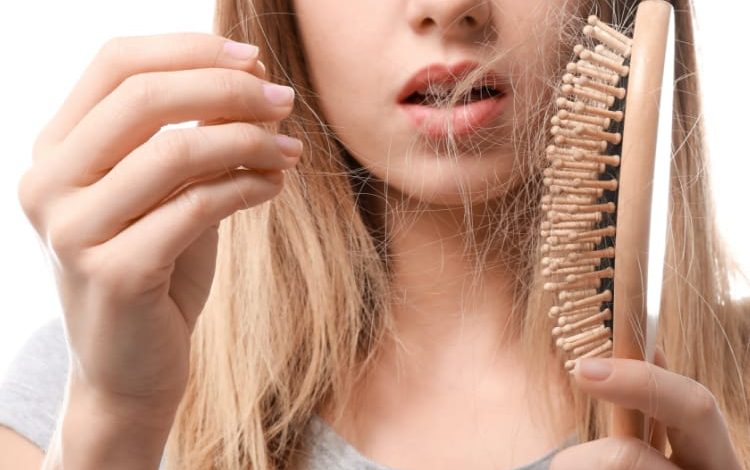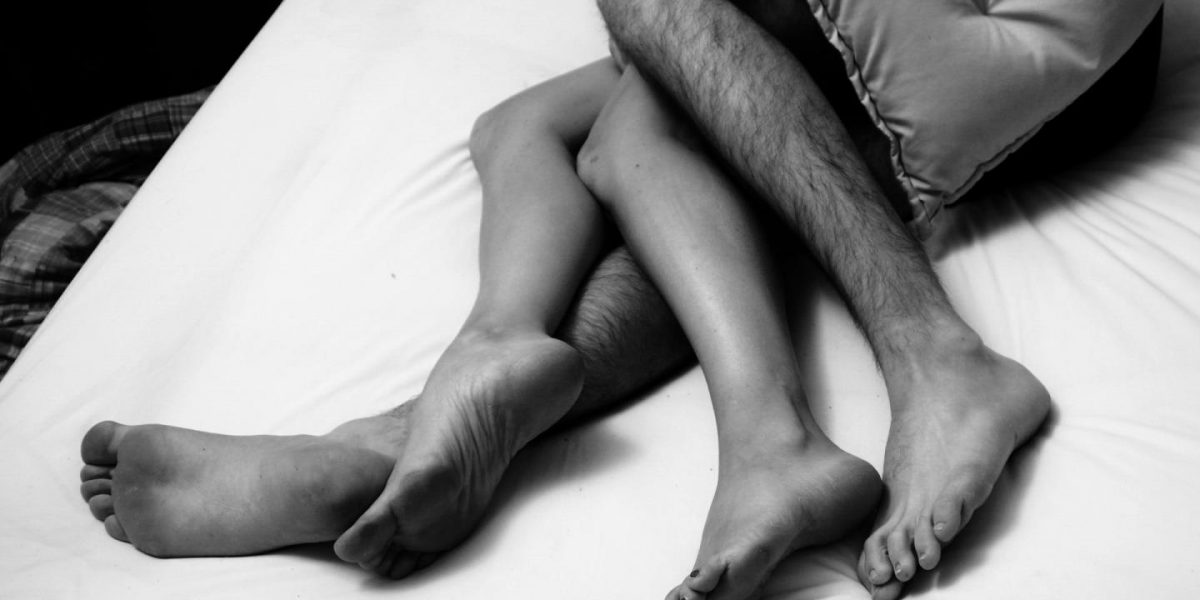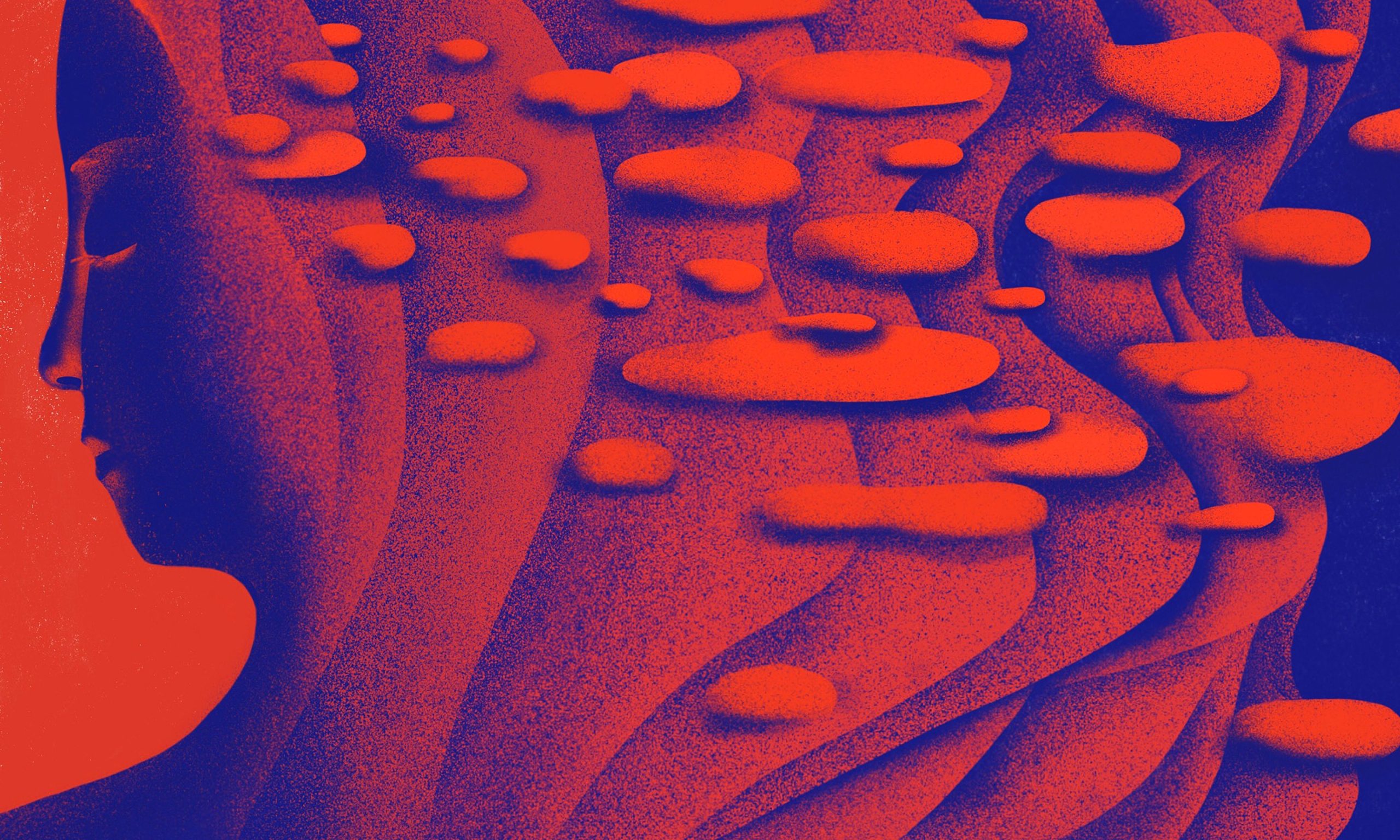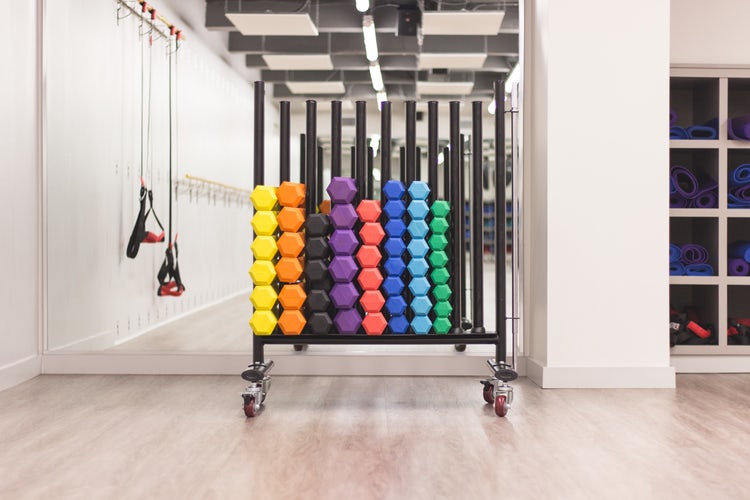
Hair Fall Isn’t Just About Shampoo: The Nutrients and Stress You Might Be Missing
Hair Fall Is Not Just a Surface Problem
Hair is like a mirror — it reflects what’s going on inside your body.
When you’re undernourished, overstressed, or hormonally imbalanced, your hair is often the first to speak up.
So, if you’re dealing with sudden or ongoing hair fall, it’s time to pause and look beneath the scalp.
What Causes Hair Fall (That Has Nothing to Do with Shampoo)
1. Low Iron = Low Hair Strength
If you’re a woman who gets periods, chances are you’ve had low iron at some point.
Iron helps carry oxygen to your hair follicles. Without it, the roots weaken.
Signs you may have low iron:
You feel tired all the time
You get dizzy when you stand
You crave ice, slate pencils, or chalk
Your nails break easily
Fix it with:
Jaggery and roasted chana
Spinach, bathua, methi
Dates, raisins, black sesame seeds
Cooking in an iron kadhai
Vitamin C with your meals (like lemon or amla)
2. Not Enough Protein = Hair Can’t Build
Hair is made of a protein called keratin. If your diet is low in protein, your hair literally doesn’t have the bricks to build itself.
Every meal should have:
Dal, chana, rajma
Paneer, eggs, curd
Milk, tofu, nuts, seeds
Sprouts, soy, or quinoa
Even just adding curd + chana to your lunch can start making a difference.
3. Stress Can Literally Push Hair Out
Stress doesn’t just affect your mind — it sends your body into “survival mode.”
And when your body is trying to “save energy,” hair is the first thing it stops caring about.
This is why after an emotionally hard time (breakup, exam pressure, grief, family issues), you may notice hair fall 1–2 months later.
4. Vitamin D & B12 — Small But Powerful
Both of these vitamins are essential for healthy hair growth — and most people are low on at least one.
Signs of low Vitamin D or B12:
Fatigue, low mood
Hair thinning
Weak immunity
Low focus or mental fog
You can improve this with:
Safe sun exposure (20 mins, 10 am to 2 pm)
Eggs, dairy, mushrooms
B12-rich foods (dairy, fortified cereals)
Supplements (if your doctor recommends)
What You Don’t Need to Do
Don’t buy 5 new shampoos in a month
Don’t switch to harsh chemical treatments or expensive salon rituals
Don’t panic — panic worsens the cycle
What You Can Do (That Actually Helps)
1. Focus on Whole Foods, Not Hair Products
You don’t need expensive hair serums. You need real meals with:
Good fat (ghee, nuts, seeds)
Enough protein
Iron-rich food
Hydration
2. Oil Gently, Wash Gently
Oiling once or twice a week is great — but don’t overdo it.
Use warm oil, massage gently, and wash with a mild shampoo.
No scrubbing. No over-combing.
Be soft with your scalp — it’s doing its best.
3. Sleep & Breathe
Hair grows during rest.
If your sleep is poor or stress is high, your hair will reflect that.
Try:
7–8 hours of consistent sleep
Deep breathing or walking daily
Journaling or just stepping back from chaos
Your nervous system matters just as much as your nutrition.










